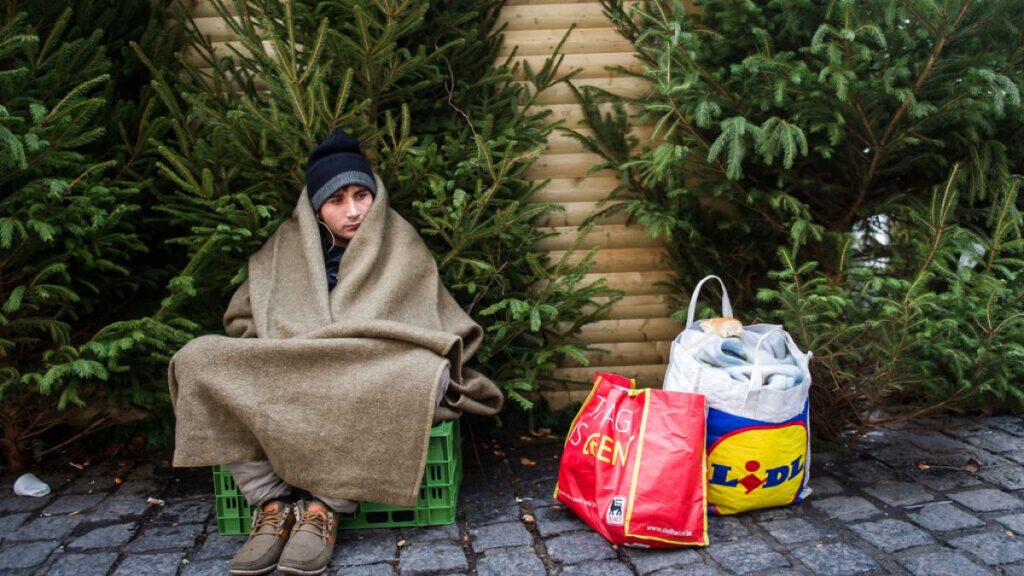Every day, volunteers from the German association Die Arche prepare food packages for disadvantaged families. The organization was founded about 30 years ago. And at the time, Germany had 1.2 million children living in poverty. Today, there are 3 million.
Every day, volunteers from the German association Die Arche prepare food packages for disadvantaged families. The organization was founded about 30 years ago. And at the time, Germany had 1.2 million children living in poverty. Today, there are 3 million.
“Ten years ago, it was easy to know what would happen if we did not fight poverty. Today, thanks to the Pisa ranking, we have had confirmation that children’s education in Germany is very poor “, explains Bernd Siggelkow, founder of “Die Arche”.
25% of primary school students cannot read correctly. It’s alarming and has a link to the financial situation.”
“Right now it’s difficult for me. Two months ago I was diagnosed with cancer, and I couldn’t continue my work. I’m here almost every day at lunchtime “, explains Antje Fürstenau, mother of four children.
Mathias is also a volunteer. His association helps homeless people by providing them with blankets and meals. Some of them are also taken to accommodation centers.
“I think the demand is greater than the supply. We see it every day in the street. And we have noticed it very clearly for several years,” explains the young man.
With the rising cost of living, particularly the increase in rents, the number of homeless people in Germany continues to grow.
“Most people aren’t nice. They say ‘look at that homeless guy’. I was a roofer for thirty-one years, I’m 51. Horst, who sleeps next door, is 61. He worked in the police for twenty years,” explains Steffen, a former roofer.
According to official statistics, 57% of homeless people found themselves on the street after the termination of their tenancy agreement.
“We have had one government for sixteen years, and now for two years another. We just see that the difference is not particularly significant, at least as far as people affected by poverty are concerned. Measures have been taken taken, but on the ground the effects are limited”, explains Sabine Werth, founder of the Tafel organization.
In February 2022, European Union countries committed to a goal of “zero homelessness” by 2030.




